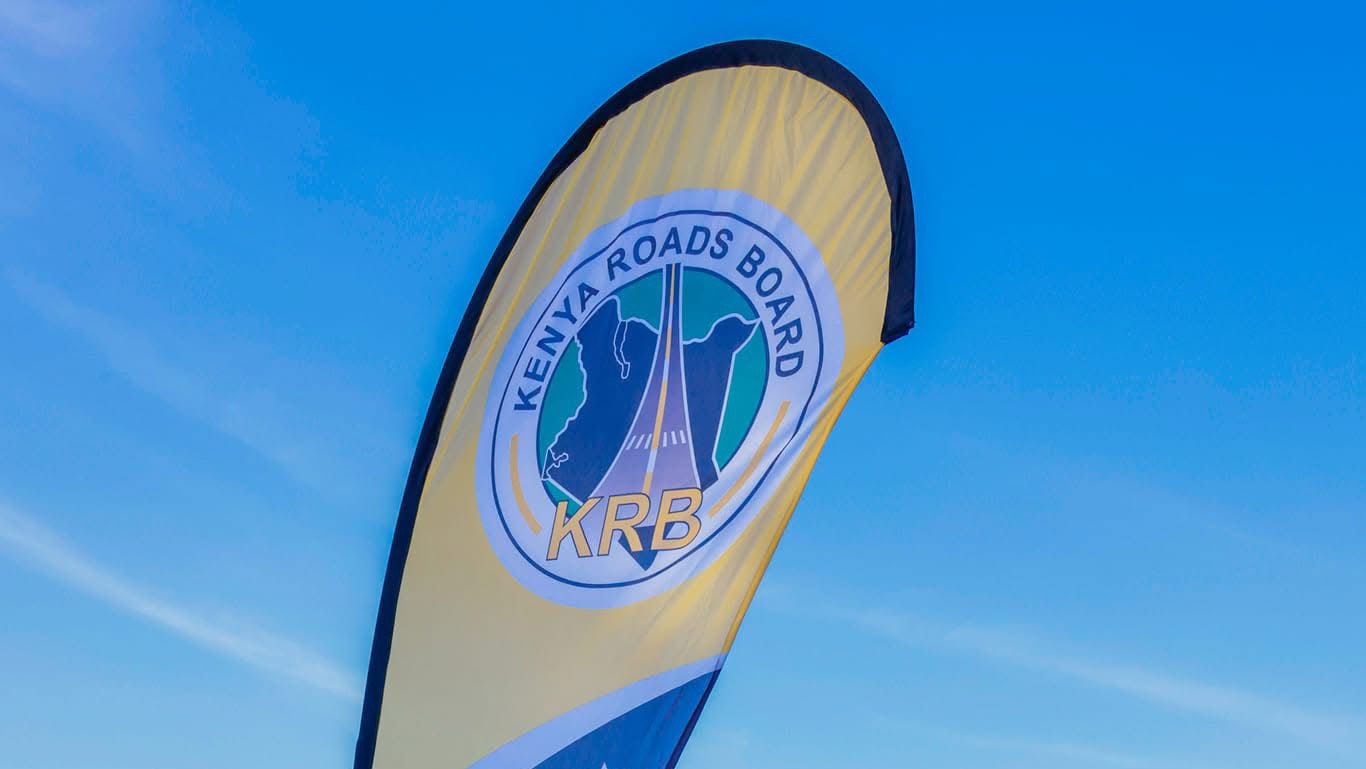The United States (US) government has raised concerns over the prolonged detention of suspects in Kenya without charges.
In its latest report on Human Rights Practices in Kenya, the US Department of State noted that police officers in Kenya often make arrests without a warrant if they suspect that a crime had occurred, was happening, or was about to occur.
The US government pointed out that Kenyan authorities often failed to adhere to prescribed time limits for holding suspects after arrest.
“The constitution provided significant legal protections, including requiring arrested persons to be arraigned, charged, informed of the reason for continuing their detention, or released within 24 hours of their arrest, as well as provisions requiring the issuance of a writ of habeas corpus to allow a court to determine the lawfulness of detention,” read part of the report.
The US Department of State highlighted that detainees were denied the right to access family members and lawyers, despite the law granting such rights, adding that authorities allowed access only after receiving bribes.
Read More
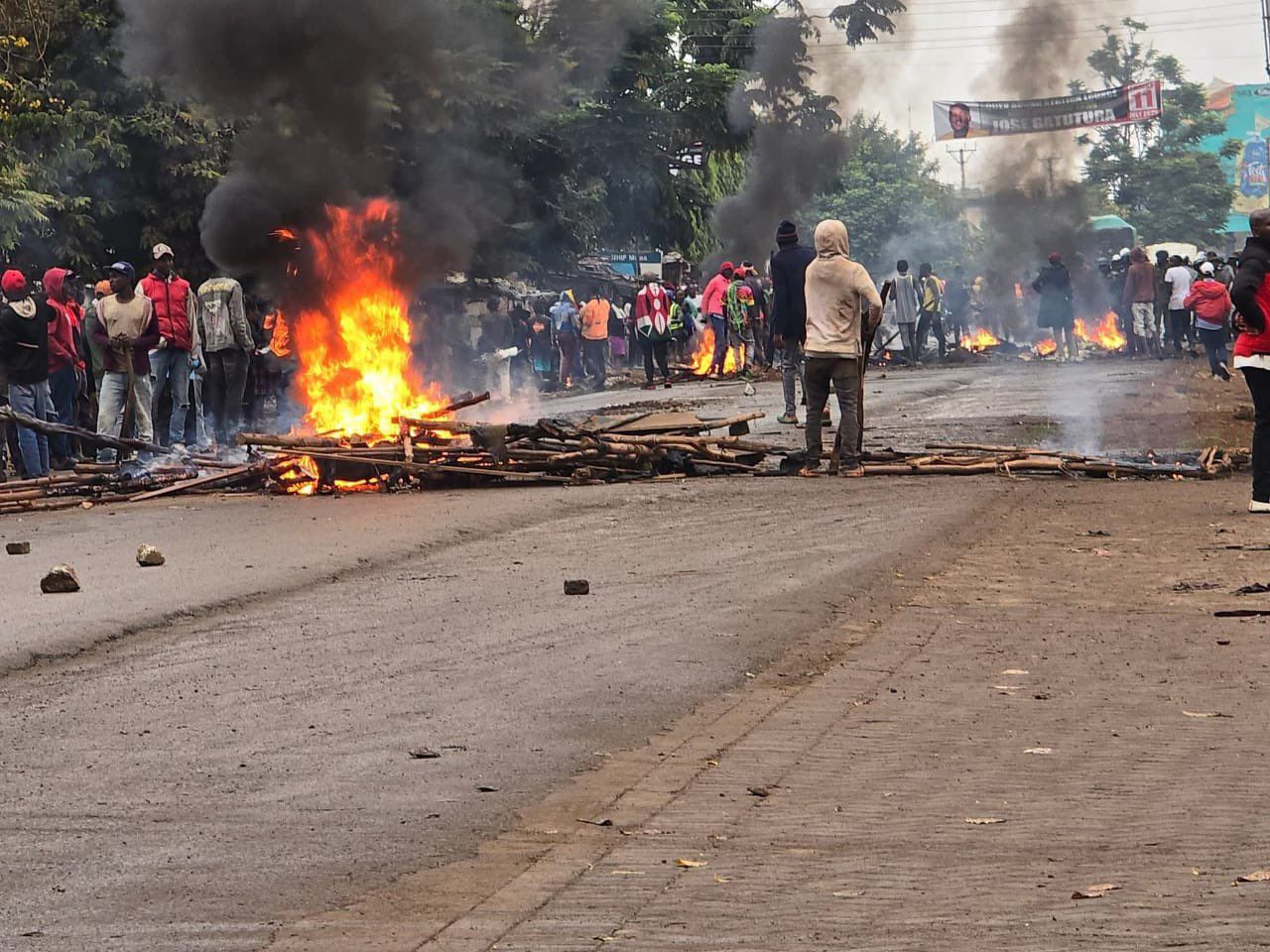
“When detainees could afford counsel, police generally permitted access to attorneys. The Law Society of Kenya noted cases where they could not locate or were not allowed access to arrested protesters,” the report stated.
The Trump administration also detailed cases of torture and other inhuman treatment by security agencies.
According to the US Department of State, most of the cases resulted from the police crackdown on Gen Z protesters in Nairobi and Nakuru counties.
“Media reported police used excessive force in some cases when making arrests. NGOs reported police violence was especially prevalent in informal settlements and often involved arrests and beatings of poor, young men profiled as criminals,” the US Department of State said.
The US Government also took issue with the cases of extra-judicial killings, particularly during the youth-led, nationwide demonstrations in June and July 2024.
“Nongovernmental organizations (NGOs) such as Human Rights Watch and Amnesty International alleged excessive and unlawful police action led to the deaths of protesters through suffocation from tear gas, police-inflicted injuries, and shootings,” the report added.
In the June and July 2024 protests, 61 people were killed while over 450 others were injured. The Law Society of Kenya documented that 72 people were abducted during the period.
Further, the US Department of State noted cases of transnational repression, especially between Kenya and Uganda.
In November 2024, Ugandan Opposition leader Kizza Besigye was kidnapped by Ugandan agents while visiting Nairobi and transported to Uganda.
The US government stated that Kenyan officials claimed to be unaware of the abduction, while Ugandan authorities insisted it was a coordinated operation.
The human rights practices report comes a month after 38 people were killed during the Saba Saba protests on July 7.
KNCHR reported that at least 130 other people suffered injuries during the demos, which were witnessed nationwide.
The deaths were recorded in Kiambu (8), Nairobi (6), Kajiado (6), Nakuru (4), Kirinyaga (3), Murang’a (3), Embu (2), Meru (2), Laikipia (2), Nyandarua (1), and Nyamira (1).
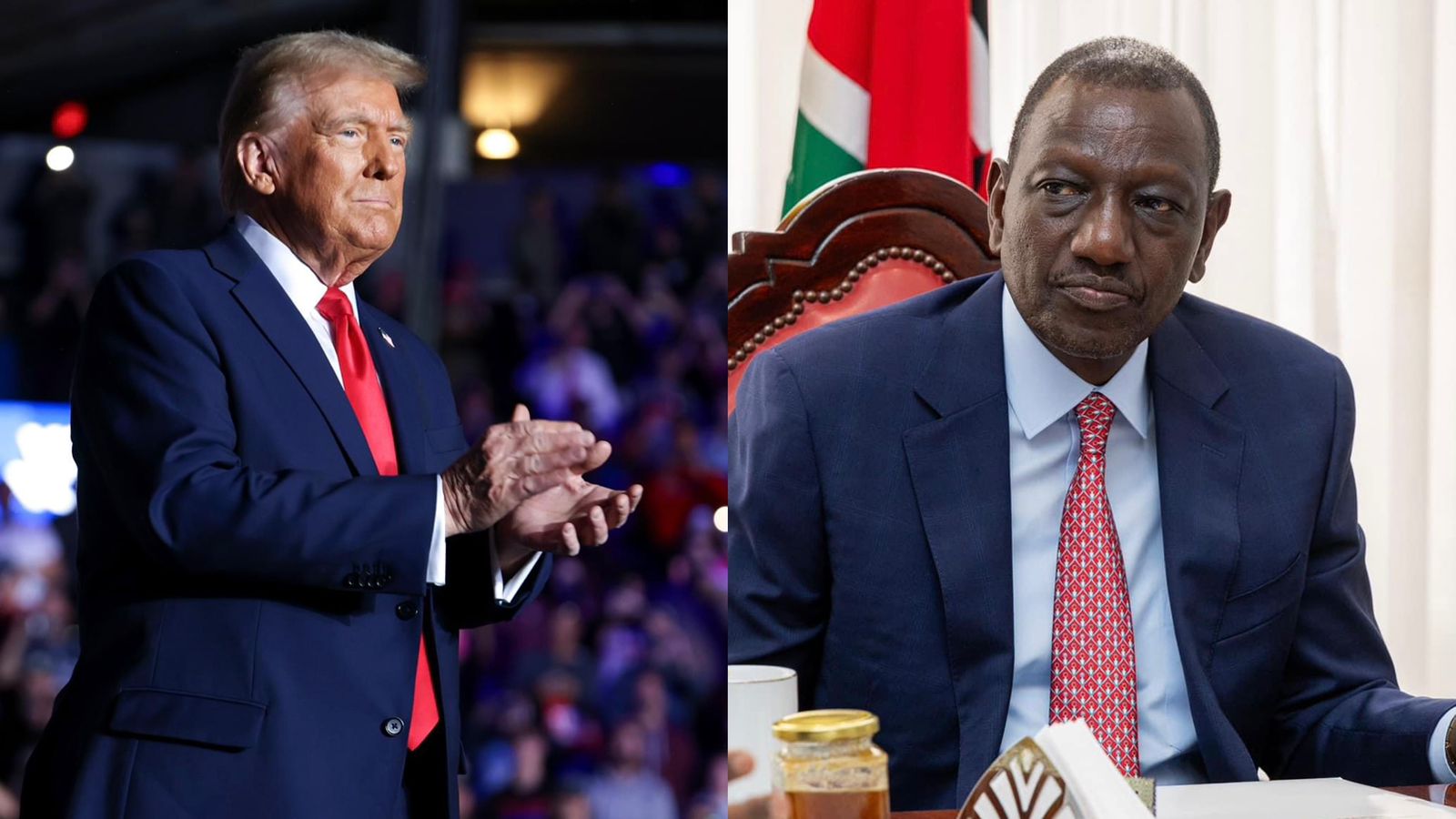
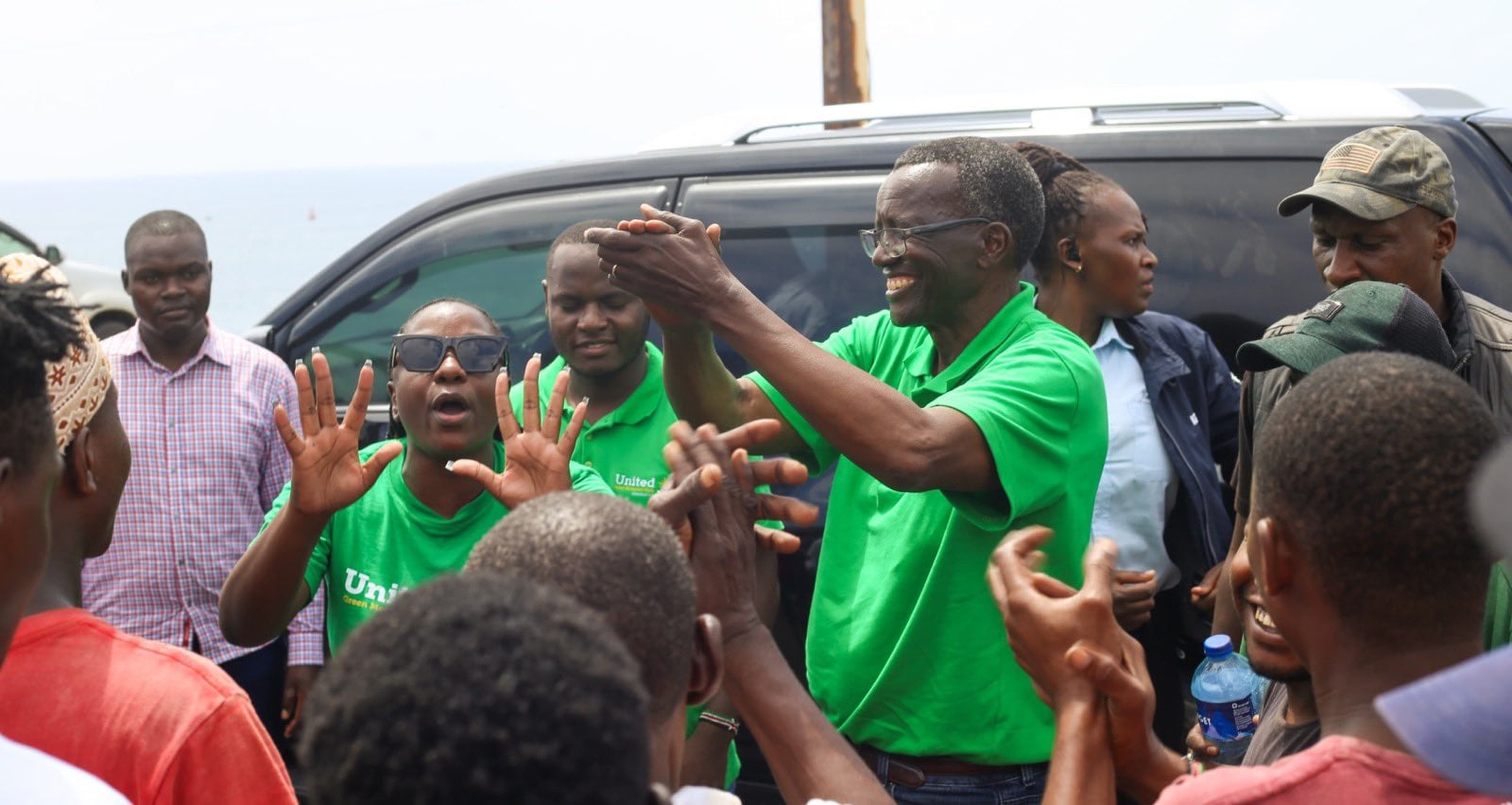
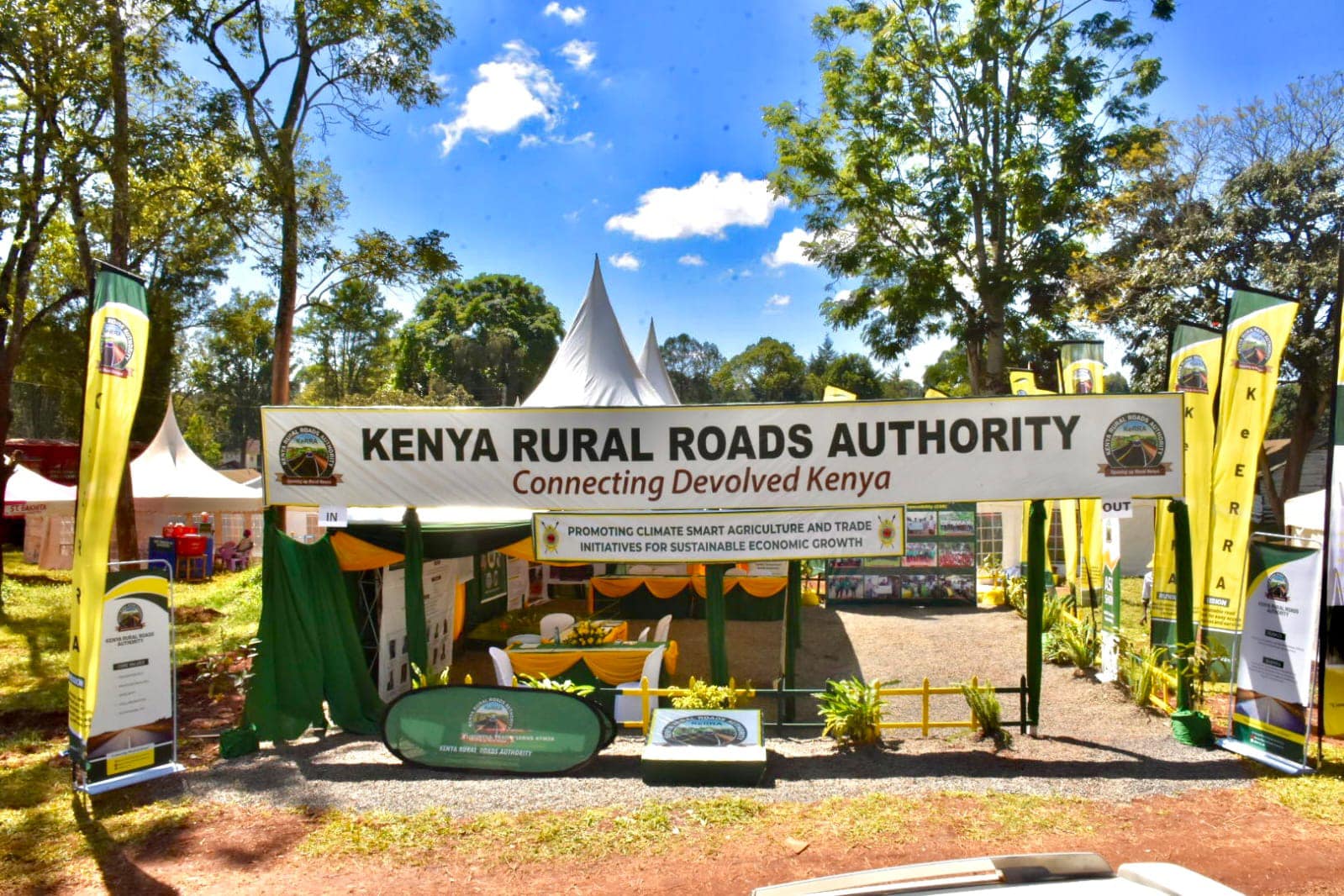
-1692704298.jpg)


